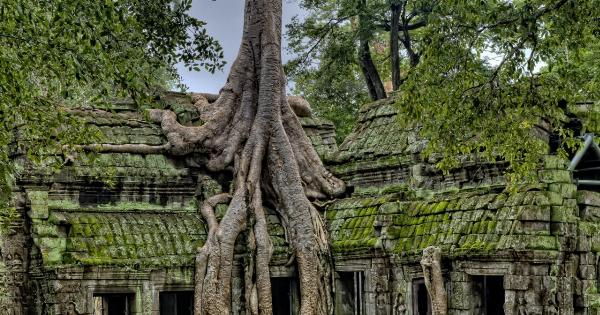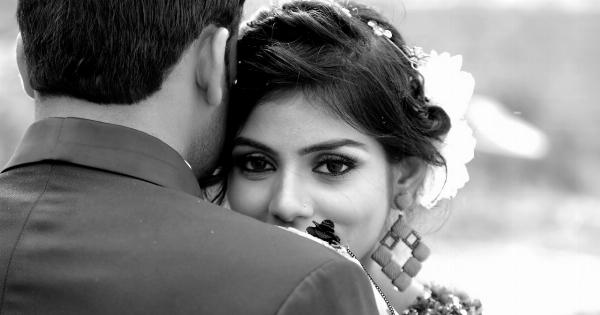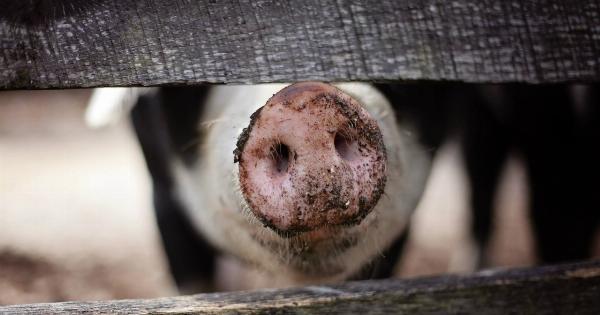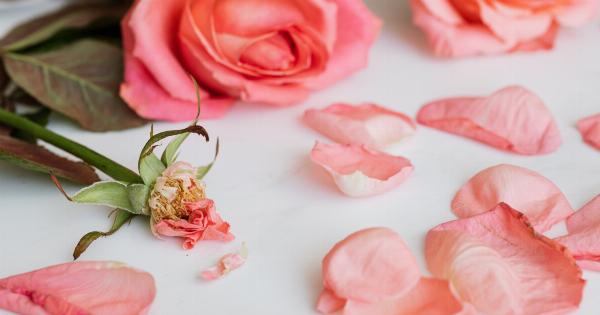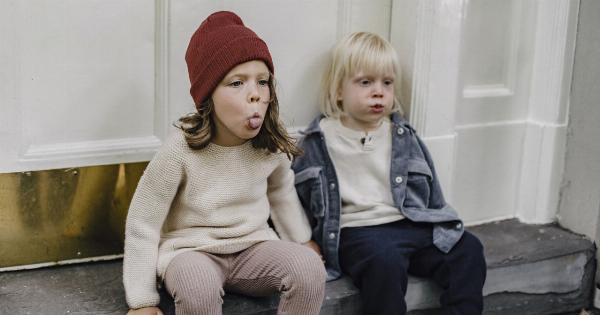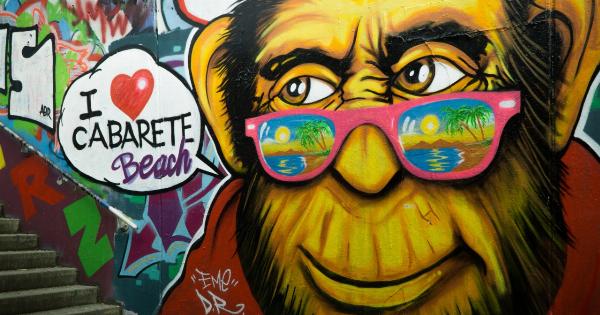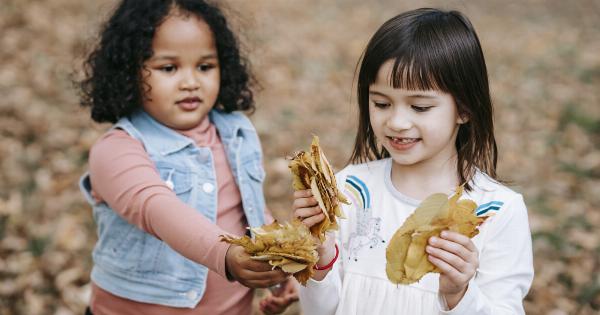Childbirth is a significant event in a family’s life and is celebrated in various ways in different cultures. It is important to understand cultural diversity in childbirth and how it affects the gift-giving practices for infants.
While some families celebrate the birth of a child with a grand ceremony, others prefer a more subdued approach. It is important to respect each culture’s traditions and beliefs in childbirth and infant gifts.
Western Culture
In Western culture, a baby shower is a popular way to celebrate the upcoming arrival of a baby. Gifts are typically focused on practical items such as clothing, blankets, and bottles.
Parents-to-be often create a registry of items they need for the baby and share it with friends and family. A baby shower usually takes place towards the end of the pregnancy and is a fun and joyous celebration.
After the baby is born, the family may send out birth announcements to share the news with loved ones. Gifts for the baby can range from practical items such as diapers and wipes to sentimental items such as a personalized blanket or stuffed animal.
Asian Culture
In many Asian cultures, the 100th day after a baby’s birth is a significant milestone. It is believed that at this time, the baby’s immune system is fully developed, and the risk of infant mortality decreases.
Families often celebrate this milestone with a red egg and ginger party, where guests are given boiled eggs that have been dyed red and served with ginger. The eggs signify fertility, while the ginger is believed to ward off evil spirits.
The Chinese also observe the lunar New Year, which takes place in January or February. It is customary to give red envelopes filled with money to children during this time.
For newborn babies, the red envelopes are often filled with coins or gold jewelry, which is intended to bring good luck and fortune.
Indian Culture
In Indian culture, a baby shower or godh bharai is typically held during the seventh month of pregnancy. Friends and family gather to shower the expectant mother with gifts such as clothing, diapers, and gold jewelry.
It is also common to give gifts that symbolize good luck and well-being, such as a coconut or a silver coin.
After the baby is born, a naming ceremony is held, where the baby is given a name based on astrology. Families often seek the guidance of a priest or astrologer to choose a name that is believed to bring good luck and fortune.
Gifts for the baby may include gold jewelry, clothing, or toys.
African Culture
In many African cultures, a birth ceremony or naming ceremony is held to introduce the new baby to the community. The ceremony may include traditional dances, singing, and rituals.
It is common to give gifts such as clothing, blankets, or food for the family.
In some African cultures, a baby is not given a name until they reach a certain age. The name they are given is often based on their characteristics or personality traits. Gifts for the baby may include traditional clothing or a piece of jewelry.
Middle Eastern Culture
In many Middle Eastern cultures, a baby’s birth is celebrated with a naming ceremony or aqiqah. It is customary to slaughter a lamb or goat and distribute the meat to the poor in the baby’s name.
Guests are also given gifts such as clothing, toys, or gold jewelry.
The first haircut is also a significant event in many Middle Eastern cultures. It is believed that cutting the baby’s hair will bring good luck and ward off evil spirits.
After the haircut, the hair is often buried in the ground as a symbolic act to represent the baby’s past life.
Indigenous Cultures
Indigenous cultures have unique practices for childbirth and infant gifts. In some Native American cultures, a baby is given a name based on their characteristics or the circumstances of their birth.
The name is believed to be an important part of the baby’s identity and is chosen with great care. Gifts for the baby may include traditional clothing or handcrafted items.
In Maori culture, a newborn baby is welcomed into the world with a ceremony called a powhiri. The baby is introduced to the community, and gifts are given to the parents and the baby. Gifts may include traditional clothing, blankets, or carvings.
Conclusion
The birth of a child is a universal experience, but the traditions and practices surrounding childbirth and infant gifts vary greatly across cultures.
It is important to respect cultural diversity and understand the significance of these practices for families. By doing so, we can celebrate the birth of a child in a meaningful and respectful way.



